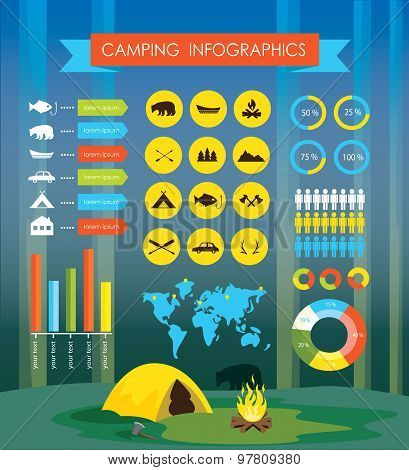Picking the right framework material is vital for occasion camping tents. Whether it's coated steel for budget tents or anodized light weight aluminum for sturdy applications, there are numerous considerations to remember.
Steel frames prevail in lower-priced pop-up outdoors tents but are prone to corrosion despite coatings and need regular upkeep. Light weight aluminum is light-weight, naturally stands up to rust, and holds up well in humid or coastal settings.
Steel
When it involves making sure the sturdiness of customized tents, the product made use of in their structures plays a crucial function. Steel and aluminum alloys both offer costs toughness, however each deals distinct benefits that make it appropriate for various kinds of atmospheres. Steel is ideal for rugged conditions, while light weight aluminum master withstanding corrosion and decreasing maintenance expenditures.
When occasion hosts select the appropriate camping tent for their needs, they require to think about variables like anticipated weather conditions. As an example, framework outdoors tents usually perform much better in windy or rainy problems than pole tents due to the fact that they don't depend on a main pole to sustain the structure. However, the links in between framework items can deteriorate in high stress scenarios. Determining these weak points and performing normal evaluations can help prevent possible damage.
Steel structures are difficult to reduce, weld or form, which can need specific devices and raise labor prices. Furthermore, they have a tendency to rust or corrode conveniently and may require additional protection or finishes. Furthermore, steel is really heavy and can trigger concerns when transferring a cover. It's also hard to store for extended periods of time due to the fact that it occupies much more room than aluminum frames.
Aluminum
Light weight aluminum is a popular framework product for canopy tents due to the fact that it's lightweight, rust-resistant, and very easy to transfer and establish. It also supplies a more secure shelter during gusty conditions than steel structures. Light weight aluminum is less prone to tearing and any damages can be easily fixed, lengthening the life of the outdoor tents. It likewise breathes to minimize condensation and offers remarkable acoustic insulation to dampen outside noise.
The resilience of aluminum frame tents is further enhanced by the natural oxidation residential or commercial properties of the steel. It develops a compact oxide layer that secures the surface from corrosion and stains. As such, the long life of a light weight aluminum appear outdoor tents can be weather resistance boosted even further when the structure is anodized.
Plated aluminum is more powerful than steel and can endure high wind speeds. On top of that, the layer stands up to corrosion and spots, extending the lifespan of the outdoor tents. Furthermore, plated aluminum is recyclable and lasting, making it excellent for services seeking LEED accreditation. The combination of these residential or commercial properties makes aluminum an extra affordable alternative than steel for big, durable camping tents, such as those utilized to fit industrial tools and stockroom inventory. Steel, on the other hand, is a lot more pricey since it calls for expensive alloys such as nitrogen, molybdenum, and chromium to boost strength.
Iron
Iron framework outdoors tents typically last as much as 15 years if the ideal treatment and maintenance is applied. This includes consistently cleaning material and inspecting metal parts for corrosion and wear. By taking these steps, occasion hosts can make the most of the dependability of their structures and ensure their continued efficiency in tough environments.
Steel is an excellent material for building sturdy tents, particularly for usage in harsh weather. It is a solid, sturdy, and cost effective product that supplies security and resilience for a large range of applications. Nevertheless, steel is prone to rusting in moist and coastal atmospheres. The enhancement of safety coatings and routine upkeep can assist to minimize this risk, yet these initiatives boost general upkeep costs.
On the other hand, light weight aluminum is a much more sturdy option for a customized outdoor tents because of its all-natural oxidation residential properties. When anodized, light weight aluminum becomes super-strong and approximately three times tougher than common light weight aluminum alloys. This makes anodized light weight aluminum the second-hardest substance alongside diamond (satellites, airplane, and army automobiles all utilize anodized light weight aluminum). In addition to its longevity, anodized light weight aluminum is also a lot more immune to corrosion than steel. These variables make aluminum a superb choice for turn up canopy camping tents and contribute to their ability to lug longer service warranties (5, 7, and also lifetime frame service warranties). In addition, light weight aluminum is 1/3 the weight of steel allowing for a much thinner framework layout for more modification options and boosted toughness.
